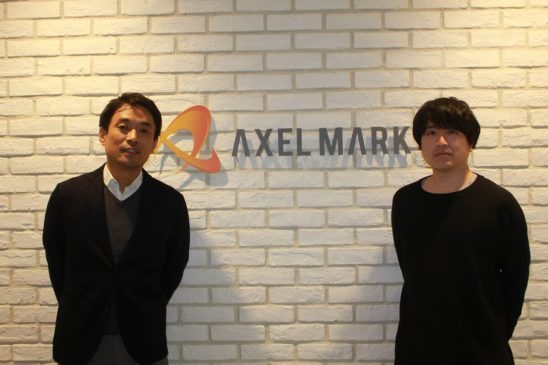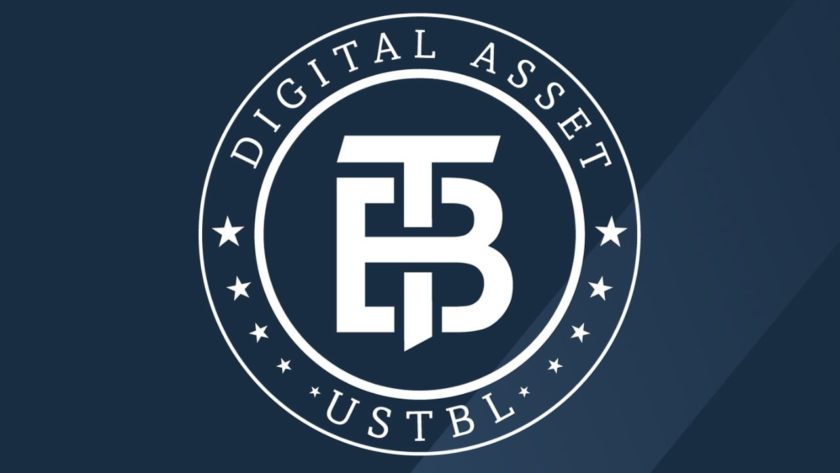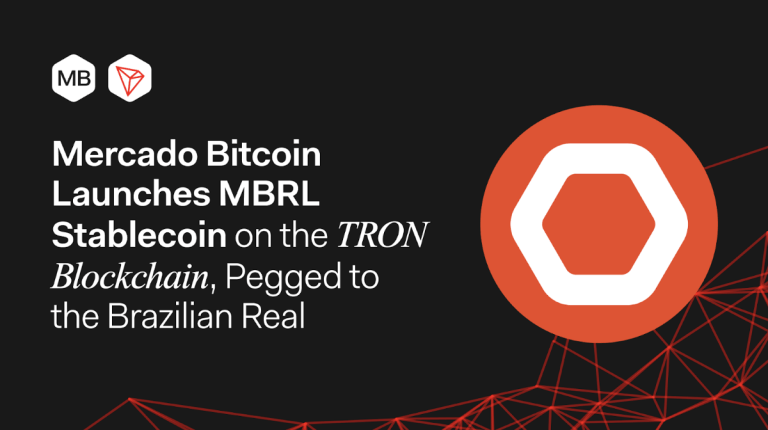Junji Oshita president and CEO of AXEL MARK Inc & Developer of the blockchain game “CONTRACT SERVANT – CARD GAME-” Kazuyuki Tanaka was interviewed by Yuki Haraguchi from Coinpost.
I interviewed Junji Oshita, president and CEO of AXEL MARK Inc., developer of the blockchain game “CONTRACT SERVANT – CARD GAME-” and Kazuyuki Tanaka, game producer, to find out why they launched a business in the blockchain game industry, their challenges, and future prospects.
AXEL MARK Inc. was listed on TSE Mothers in 2008. It plans, develops, and operates smartphone games, online advertisement including ad network, and web service called “and Experience” including an online lottery service.
I asked this listed company who has developed social games about the current environment of the game industry and the prospects of blockchain games.
Changes in the existing game industry
Oshita: Mobage and Gree (Japanese gaming companies) had competed with each other in the Japanese gaming industry. However, when I realized, huge overseas game companies have been born one after another aiming for the Japanese market.
In other words, Japanese social game companies are like people in “Attack on Titan” (Japanese Manga title) surrounded by walls, and when they noticed, the giants peeked inside the wall.
When I thought about the future of games, I had a sense that there is business potential in the area of blockchain x game. So I have been working on it for about two years.
Tanaka: I have been involved in the game industry for about seven years. As for blockchain games, I started on a full scale from a year and a half ago. In the beginning, many blockchain games include scams and issues, so I had the impression that it was natural for the market to have trouble growing.
Based on this viewpoint, we would like to provide decent and playable blockchain games to users who are not familiar with blockchain games and who are interested in them.
Game x Investment
Challenges and how to overcome them
Oshita: Now, innovators and early adopters are the main users, but it is very important to popularize our service. This is our challenge and we need to overcome it.
More specifically, there are 2 challenges: wallet and investment.
Regarding wallets, the challenge is to lower hurdles of understanding the system and installing them. For this, if we can integrate the wallet app with Dapps, or if users can log in to the games from a platform like LINE, we believe we can popularize our service drastically because users are able to play the games without considering the wallet.
Regarding the investment, there are three challenges. First of all, making users consider NFT (non-fungible tokens) in the same way as existing investment targets. It is similar to buying and selling artwork. For art, history (story) such as who has owned it is important. In NFT, items in the games can be worth more than the original value if a story comes out similar to, “My card is the one that was put in the deck of the legendary player who won the 1st tournament”.
The next one is to make users understand NFT is an asset like the existing investment targets. Users can earn money by renting the cards they have in the same way as the case in real estate where the owners can rent the land and make money.
Lastly, it is to eliminate information asymmetry. “Asset Analyzer” which we released most recently visualizes past transactions and price transitions so that ordinary people can easily see the information engraved on the blockchain. We think we can popularize our service with this.
https://blockchaingame.jp/assets
What is special about appeal of Contract Servants (nature of the game)?
Mr. Tanaka: The main theme of Contract Servant is to embody the diversity of NFT. In previous games, each character had the same strength, but with NFT, all cards including ones with the same patterns are given a strong feature such as high attack power and high HP. It is designed to make the game characteristic. A card which is not valuable to you might be valuable to someone else.
In addition, blockchain games on the market so far have been less entertaining, but in our game, for example, the tower mode can be enjoyed by users who have no investment purpose because it has entertaining elements of games like Shogi.
There are hundreds and thousands of cards on the market, and it is a game that you can focus on and enjoy how far you want to raise and add value to the cards you own.
Card value creation and balance adjustment
With the expansion of blockchain games, so-called strong characters are trading at high prices in the NFT token market such as OpenSea. Meanwhile, in Contract Servant, all cards in circulation have different skills, and you can’t find the same card anywhere else in the world.
In most conventional blockchain games, strong characters with excellent skills tend to have high market prices due to the limited number of cards, but in the contract servant system, such a case is unlikely to occur.
It seems difficult to adjust the game balance and create value, but what kind of aim is there, and what is the mechanism that makes this possible?
Ensuring liquidity
Mr. Oshita: We place great importance on liquidity, and we cherish a mechanism that accelerates on more liquidity compared to other blockchain games.
In the contract servant, it is designed to make it easier to create fluidity. You can build your own deck with 8 cards, but you can’t specify the order in which the card will act. Since the order of actions is determined for the cards themselves, a situation occurs where even a strong card cannot be used for your deck, and you want to put a strong card that does not fit your deck into the market.
How did you manage to adjust the game balance while each had its own strength?
Mr. Tanaka: That was really hard to achieve. By actually making a simulator tool and turning the number, we managed to balance it so that the card with a winning percentage would not come out, and the winning percentage would be about 50% for all cards.
Mr. Oshita: We are going to run thousands and hundreds of millions of tests in the simulator before putting it on the market, and repeat the same method for each new card.
About pre-sale
December 5th, the pre-sale details were revealed. Ethereum will be used as payment option.
Pre-sale period: December 18, 2019 (Wed) 15:00 (GMT+9h) ~ December 27, 2019 (Fri) 15:00 (GMT+9h)
How will it be held?
Mr. Tanaka: Pre-sale will be held in Dutch auction format. Medium shows more details please have a look.
In the pre-sale, you will be able to purchase cards that can only be purchased in the pre-sale – 3 types of Legendary, 4 types of Epic, and 5 types of Rare.
In addition, for pre-sale participants, there will also be a campaign where you can get tickets that can be exchanged for Epic Servants “Jill” or in-game avatars by lottery.
Since we are not planning any resales, these will be limited cards that can only be purchased during limited sales. (for more details, click here)
ARD Contact Servant-KAARTSPEL-(abbreviation: Conservator)
The blockchain game “conserve” is a new type of tactical battle game in which the user is required to be able to take “deck strategy” and see the true value of the card called the survivor.
All servants on the market have different qualities, and no servant has the same status. The user prepares a deck by making up a deck with 8 selected cards. There are over 1,255.4 billion combinations.
Official Website: https://cscg.jp
Twitter: https://twitter.com/CSCG_JP
YouTube: https://www.youtube.com/channel/UCo6FpXC0RP6U0LRjx-ObxjQ
Discord: https://discordapp.com/invite/5yKwtnH
Medium: https://medium.com/contract-servant
This is a submitted sponsored story. CCN urges readers to conduct their own research with due diligence into the company, product or service mentioned in the content above.




